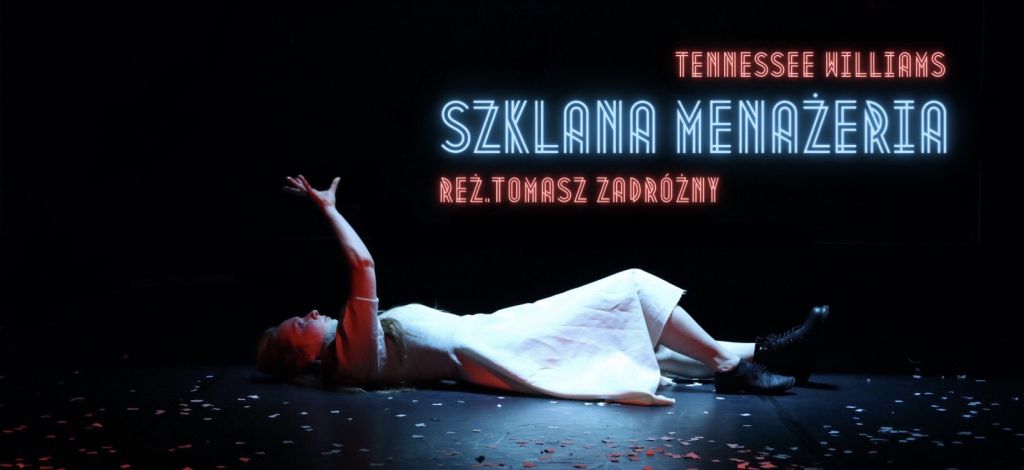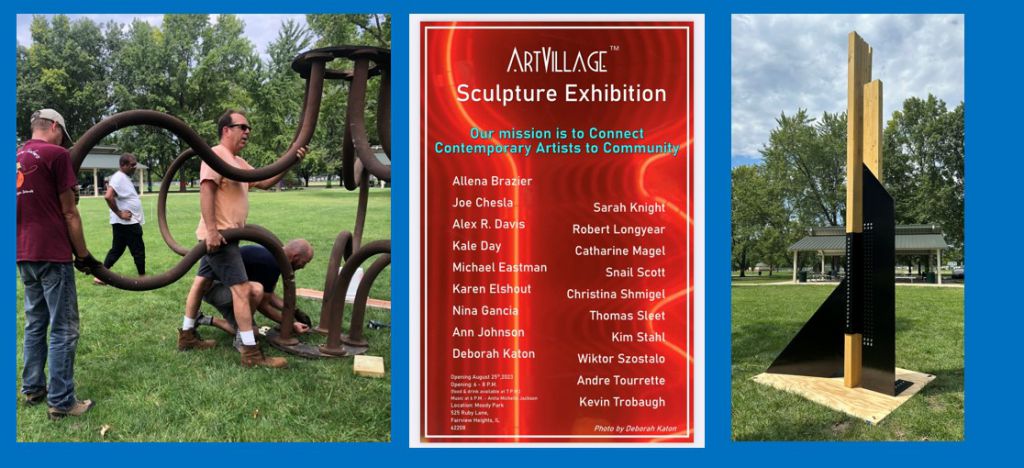On March 29, 2022 dr. Wojciech Golik, Honorary Consul of the Republic of Poland in St Louis gave a brief presentation to the St. Louis County Council on the situation in Poland. So far, 2.3 million refugees have flooded the border. The United States says they will welcome 100,000 refugees and St. Louis County is working through how to help.
Chairwoman Days: “At this time, Dr. Golik will come forward. You have received, at your desk, a resumé so that we don’t have to read all of that, we just devote our attention to his presentation. He is currently, I believe, a professor in mathematics at Lindenwood University, and he wants to give us an update on Ukraine and any other information that might be helpful for us.”
Dr. Golik: “Madam Chairwoman, members of the County Council, my name is Wojciech Golik, I’m the honorary consul of Poland here in St. Louis. I would like to begin my remarks by thanking the Council, and Councilman Harder, for inviting me here and giving you a brief on the situation for Ukraine refugees in Poland, the country I represent.
Why am I here? I’m here, I think, for two reasons. The situation, the war in Ukraine, has global repercussions for all people who live on this globe. And for that reason, it might also affect us, here, in St. Louis, in the St. Louis metro area. But there is also a more local reason, and that is that there are very many residents of the St. Louis area, living in the City and in the County, who have families in Poland and Ukraine and other countries in that part of Europe, and they are often quite interested of what we can do here to help the situation over there. So, I will not talk about the war in Ukraine, we all know about the situation there. Television news is giving us information every day about the fate of the people of Ukraine attacked by Russian forces.
I will only talk, I will limit my remarks, to the plight of Ukraine refugees in Poland.
Ukraine has about 44 million inhabitants and, out of these 44 million, 10 million people in Ukraine have been displaced from their homes, they had to leave their homes with basically suitcases in their hands. And 7 million of these people moved to other cities in Ukraine, and 3 million left the country. And out of these 3 million, more than 3 million, 2.3 million entered Poland, 2.3 million people entered Poland in the space of four weeks. To put it in perspective, it is like in Missouri, we have about 6 million, a little bit more than 6 million people living in Missouri. So, that would be like having, in the space of four weeks, welcoming 400,000 people coming and needing all kinds of assistance.
This is a big challenge for Poland, which that country meets, I think, splendidly. I have to tell you about tens and tens of thousands of Polish citizens who opened their houses, their apartments, to virtual strangers from Ukraine, and now these refugees live with the Polish families
. I have to also mention to you in order for you to understand the situation in Poland, that prior to the war with Ukraine, there were about one, perhaps even 1.5 million Ukrainian workers, guest workers, working in Poland. And of course, they had their own apartment and so on. And, therefore, very many of these Ukrainian families, basically joined their family members who already worked in Poland and are living with them. That was a huge help for all these refugees who came to Poland. Still, many thousands of people have to be still sheltered in sports arenas and community centers and places of this kind before some more permanent places for habitation can be found for them.
I am very proud of the Poles who really opened their hearts and homes to these families. And I’m also very proud of the Polish government and Polish parliament, who issued the law giving their full citizens rights for 80 days to all Ukrainian refugees coming, and they are still coming, in Poland. They have a right to us, and the other Polish citizen or Polish residents, to free health care, free education, and also social benefits, as well, and, of course, the right to work in the country.
We must remember that most of these refugees are women and children, and most of the men stayed in Ukraine to fight the invasion. The current situation is as follows: the constant stream of Ukrainian refugees in Poland has slowed down somewhat. At the beginning two weeks, they were coming at the rate of 50, 60, and 70,000 a day. Now, that number went down to about 15-20,000 a day.
Also, some of the Ukrainian families are returning back to Ukraine. That is, these are small numbers, but we see the stream of refugees going back as well.
What can we do, what can we do here, in St. Louis?
Well, the best way to help Ukrainian refugees in Poland, or in any other country they went to, is to simply help them financially, to donate money, however small or large amounts.
There are many organizations, both in the United States and also in Europe, and particularly in Poland, charity organizations, which are very experienced in helping various refugees, doing all kinds of crises all around the globe. So, as individuals, we simply can pick one of these organizations, and most of them already established bank accounts to help Ukrainian refugees. If one is interested in donating money directly to a Polish charity to help Ukrainian refugees in Poland, you can contact me and I’ll leave, the Council members already have my email address and the email address of the Polish consulate in St. Louis. I could provide you with links to web pages, in English, which has the correct PayPal numbers and swift numbers and the rest of the information necessary to donate money. That’s what we can do as individuals.
The second thing we can do, or rather you can do, Councilpersons for St. Louis County, is to perhaps start considering how can we help as a community, for possible Ukrainian refugees coming to St. Louis area. The reason is this. President Biden visited Poland, last Friday and Saturday, and in some say his historical speech in Warsaw, he, among other things, pledged that the United States is going to welcome 100,000 Ukrainian refugees, not only from Poland, from all the countries where these Ukrainian refugees went to. It is possible that some of these refugees will arrive here in our communities. So, of course, it is to charity organizations in our area, and we have quite a number of them, one which comes to mind is the International Institute, which has helped historically other refugees coming to the St. Louis area. For example, the Bosnian refugees in the 90s. So, I would like to put this for consideration of the Council to perhaps start thinking about how to help locally, once they arrive, if they arrive.
Of course, we all hope that the war in Ukraine will end soon, that Ukraine will win and that the refugees will go back to their families and their homes, and that Ukraine will be rebuilt and will be prosperous. It deserves to be.
Well, I think that gives you a general idea of what the situation of the Ukrainian refugees in Poland is. I would like to, perhaps, entertain several questions, if you have any, about the specifics of the situation.”
Chairwoman Days: “Dr. Golik, let me just see if they have any, and particularly Councilman Harder, since he invited you, he might want to have a couple of words to say.”
Councilman Harder: “No, thank you, Madam Chair. No, I just want to thank you for coming and taking us up on this last-minute offer. I also would like to thank the World Trade Center and Tim Nowak, who recommended you to come. And, we talked about this on the phone with him, about last week, and he recommended you and thought you’d be a great representative of the people of Poland, to come. And, I don’t know if anybody else knows, that we have people in this region that represent a lot of companies, or countries around the world, and you’re one of them. And, for Poland, and we have them through our sister city arrangements around the world, and we have a sister city arrangement with, I can’t say the name of the city, but what’s the city?”
Dr. Golik: “This is a port city of Szczecin, in Poland, and difficult to pronounce.”
Councilman Harder: “Yeah, there ya go, St. Louis is easier to pronounce. So, but thank you for coming tonight, and appreciate it, and maybe you can stick around if anybody has any questions afterward, it’s up to you.”
Dr. Golik: “Thank you. Thank you very much, everyone.”
Chairwoman Days: “Thank you so very much, and we really appreciate your presentation and we will consider your options. Thank you.”




